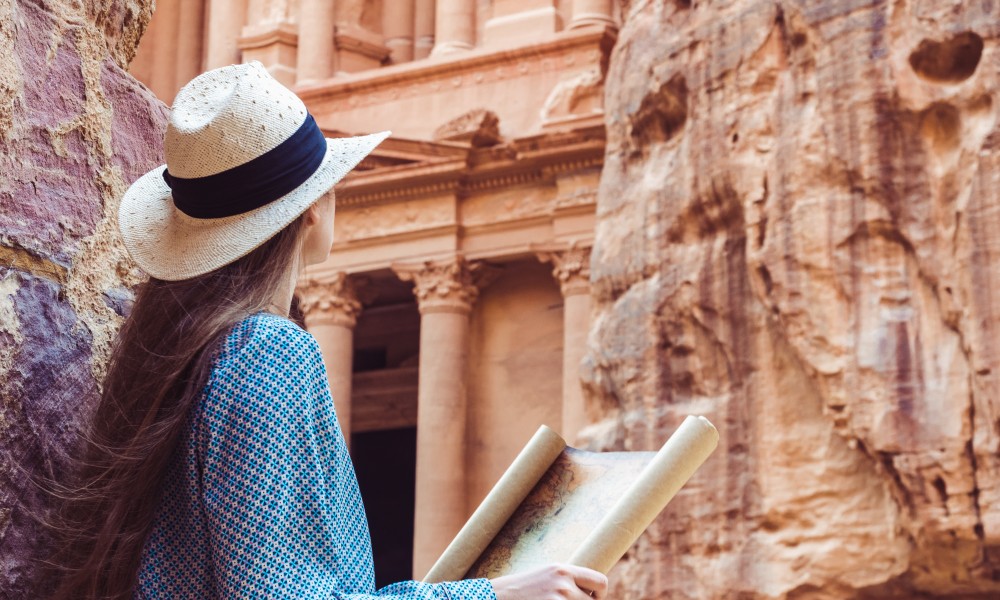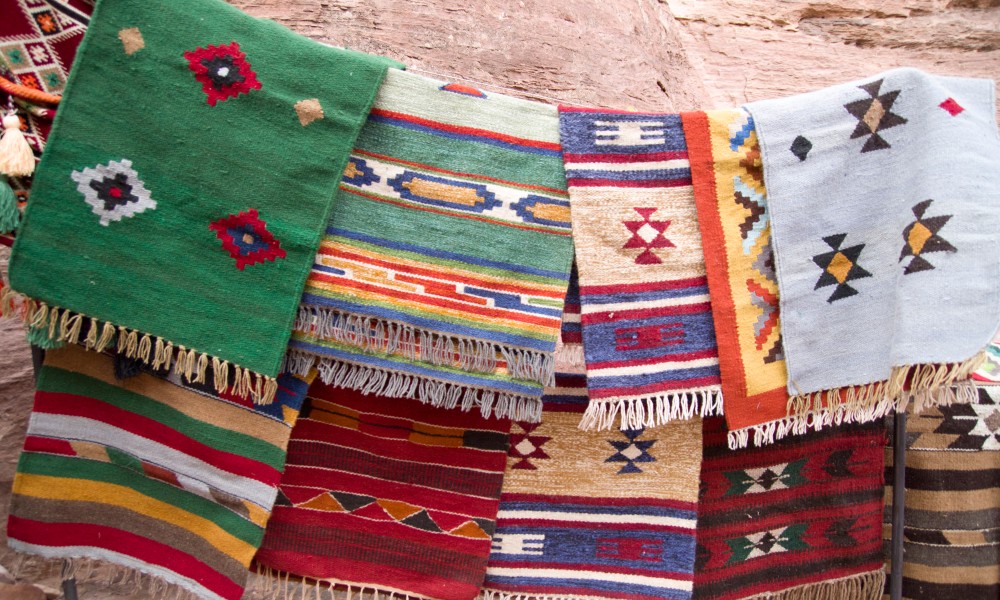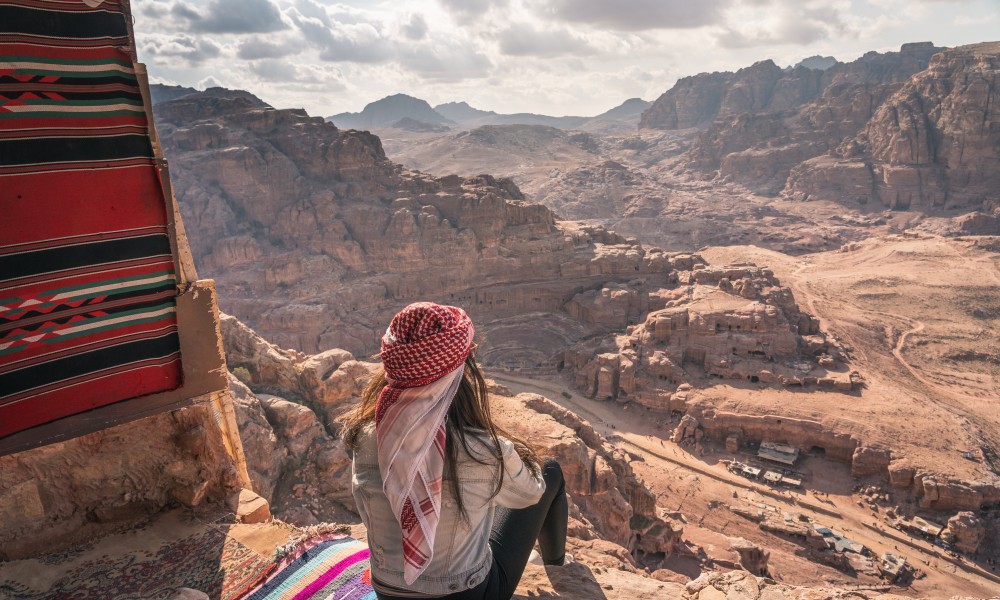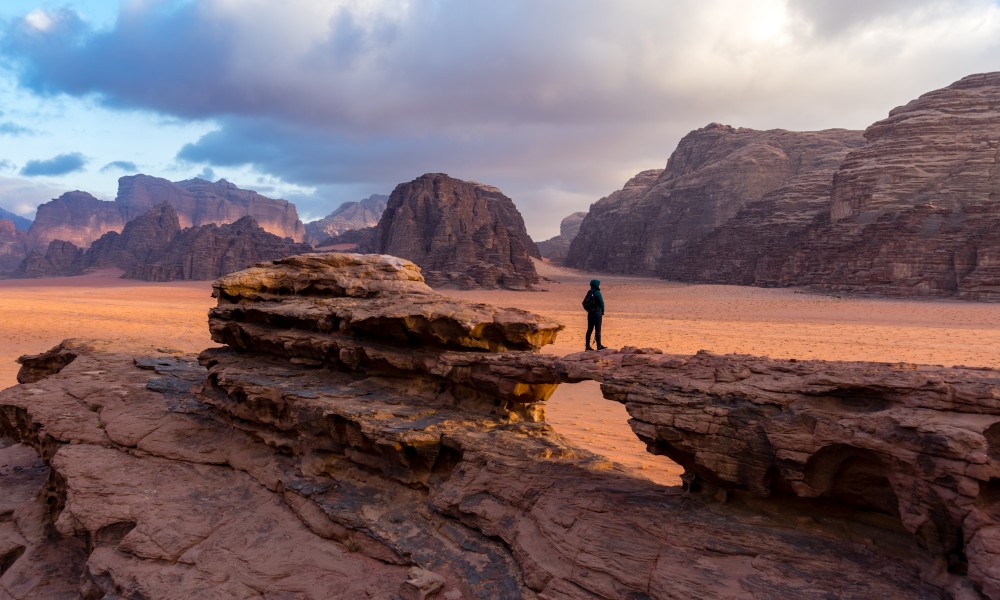7 Better Ways To Protect Children During Your Travels
During your travels, in main tourism sites, smaller communities, and villages, it is likely you will see children begging on the streets, selling products at tourist destinations or living in possibly hazardous conditions. You want to help, but you don’t know how. Here are 7 tips on how you can protect these children and travel ChildSafe!
Tip 1 - THINK! Children are not tourist attractions – let’s not treat them like they are.
Children have the same rights wherever they live and should never be treated like tourist attractions. If you were at home, would you visit an orphanage or slum? Would you take photos of children or families you didn’t know? Would you visit schools, causing disruption to education? If you wouldn’t do it back home, then don’t do it when you travel.
Travel ChildSafe – Put children first and wherever you go, treat them as you would your own. Learn more.
Tip 2 - THINK! Volunteering with children feels good but could be harmful – look for better ways to help them.
Working with children in institutions such as orphanages is a job for local experts, not for travelers who are just passing through. Children deserve more than good intentions, they need experienced and skilled caretakers and teachers who know the local culture and language.
Travel ChildSafe – Make sure your volunteering is a great experience and has the best impact possible. Do not work directly with children; instead, share your professional skills with local staff. You can also explore other ways to put your talents to use.
Tip 3 - THINK! Children pay a price for your generosity – don’t give to begging children.
When you give money, food or gifts to begging children or buy anything from them, you encourage them to continue begging. This prevents them from going to school and locks them into a cycle of poverty.
Travel ChildSafe – There are better ways to support children and youth: use businesses that make a positive impact on the local community, such as vocational training restaurants and social enterprises, or donate to organizations supporting children and their families.
Find such organizations and businesses here.
Tip 4 - THINK! Children should not be at work instead of school – report child labor.
Some children sell goods at tourist sites or offer their services as guides. Others are hired in tourism businesses like hotels or restaurants, and this is a problem when it hurts their education.
Travel ChildSafe – Do not buy goods or use services offered by children. If you think that a business employs underage children call a child protection hotline, contact a local organization or the police. They will check the child’s situation — many children are just helping out their parents after school, but some may be exploited. Find hotline numbers here.
Tip 5 - THINK! Sex with children is a crime – report child sex tourism.
Sexual exploitation of children is a devastating reality. It can happen in hotels, bars and restaurants for example. You may even be approached and offered sex with children.
Travel ChildSafe – When you see such a situation, don’t put yourself at risk. Call a child protection hotline, contact a local organization or the police, so immediate action can be taken to protect the child and investigate the situation.
Find a list of hotlines here.
Tip 6 - THINK! Professionals know best – call them if a child needs help.
When faced with a child at risk your natural reaction is to help directly. However, you do not know the local realities, may lack the expertise needed, put yourself at risk, or even break local laws. So, who can you call? The local professionals!
Travel ChildSafe – You can find a list of local hotlines here.
Tip 7 -THINK! Keep our planet ChildSafe – protect the environment.
When you travel you want to enjoy all the natural beauty a country can offer and so do the children and people of that country. As our collective future is at risk from climate change, pollution and other negative human-made impacts, think how you can take positive steps to protect the environment so children can build their futures.
Travel ChildSafe – While you travel, be mindful of your actions and how they impact the environment and support initiatives that protect our planet for our children. Find out more.
نصيحة 1 - الأطفال ليسوا معلماً سياحياً، لنتوقف عن معاملتهم وكأنهم ذلك.
جميع الأطفال لهم نفس الحقوق بغض النظر عن مكان اقامتهم، ولا يجوز أن يعاملوا كمعلم سياحي. إذا كنت ببلدك، هل ستزور بيت رعاية الأيتام أو أحياء فقيرة وتأخذ صور لأطفال وعائلات لا تعرفها؟ هل ستزور مدارس وتقوم بتعطيل سير الدراسة والتعليم؟ إذا لن تفعل كل هذا ببلدك، فلا تفعله خلال رحلاتك وسفرك. اعطِ حماية الأطفال الأولوية في أي مكان تسافر إليه، وعاملهم وكما تعامل أطفالك. للمزيد من المعلومات:
نصيحة 2 - فكّر! التطوع مع الأطفال قد يعطيك شعور جيد، ولكنه قد يكون ضار، ابحث عن طرق أخرى للمساعدة.
العمل مع الأطفال هي وظيفة للخبراء المحليين، وليس للمسافرين الموجودين لزيارة قصيرة فقط. الأطفال يستحقون أكثر من نوايا حسنة فقط، هم بحاجة لخبراء في تقديم الرعاية والمساعدة ومعلمين على دراية بالثقافة واللغة المحلية.
تأكد أن تحظى بتجربة رائعة خلال عملك التطوعي ويكون لها أفضل أثر ممكن. لا تعمل مباشرة مع الأطفال، بل شارك مهاراتك العملية مع طاقم العمل المحلي. يمكن لك أن تتعرف على طرق أخرى لتوظيف مهاراتك من خلال الرابط التالي:
نصيحة 3 - فكّر! يدفع الأطفال ثمن كرمك، لا تعطِ الأطفال المتسولين نقود.
عندما تقدم نقود أو طعام أو هدايا للأطفال المتسولين أو قمت بشراء منهم أي شيء، فأنت تشجعهم على الاستمرار بالتسول. هذا يمنعهم من الذهاب للمدرسة وتحكم عليهم بالبقاء في حلقة فقر مغلقة.
هناك طرق أفضل لدعم الأطفال واليافعين: تعامل مع مؤسسات وشركات لديها أثر اجتماعي، كتدريب المطاعم والمحلات. أو تبرّع للمؤسسات الداعمة للأطفال وعائلاتهم. يمكن أن تجد هذه المؤسسات والشركات على الرابط التالي:
نصيحة 4 - فكّر! لا يجوز أن يكون الأطفال في العمل بدلاً من المدرسة – أبلغ عن عمالة الأطفال.
بعض الأطفال يبيعون بضاعة في المواقع السياحية، أو يعرضون خدمات ركوب الحيوانات أو خدمات الإرشاد السياحي. البعض الآخر يتم توظيفهم في القطاع السياحي مثل الفنادق والمطاعم، وهذه مشكلة تؤثر سلباً على تعليمهم.
لا تشتري بضاعة أو خدمات مقدمة من أطفال. إذا ظننت أن هناك شركة أو مؤسسة توظف قاصرين، اتصل على خط حماية الطفل الساخن، أو تواصل مع مؤسسة محلية أو الشرطة. سيقومون بدراسة حالة الطفل، فالعديد من الأطفال يساعدون أهلهم بعد المدرسة، ولكن البعض يتم استغلالهم. يمكن أن تجد أرقام الخطوط الساخنة وآلية الإبلاغ على الموقع التالي:
نصيحة 5 - فكّر! الأطفال يواجهون مخاطر التعنيف والتعرض للأذى – تواصل مع الخبراء إذا الطفل بحاجة لمساعدة.
التعنيف ضد الأطفال قد يحدث في أي مكان ويأخذ أوجه متعددة. فقد يكون استغلال جنسي وعنف جسدي وحوادث. عندما ترى طفل معرض للخطر ستكون ردة فعلك الطبيعية هي المساعدة، ولكنك لا تكون على دراية بالواقع المحلي وقد تفتقد الخبرة للتعامل مع هذا الموقف وتعرض نفسك للخطر.
اتصل بالخط الساخن لحماية الطفل، تواصل مع مؤسسة محلية أو الشرطة، وذلك ليتم أخذ اجراء فوري لحماية الطفل وفتح باب التحقيق في القضية. يمكن أن تجد قائمة بأرقام الخطوط الساخنة على الرابط التالي:
نصيحة 6 - فكّر! احرص أن يكون كوكبنا محافظاً على "أمان الطفل" – احمِ البيئة وإرث الأردن.
تجد رغبتك بالاستمتاع فيما تقدمه طبيعة الأردن أثناء زيارتك مطابقة لرغبة أطفال ومواطني الأردن. وبما أن مستقبلنا الجماعي يواجه خطر التغير المناخي والتلوث والآثار السلبية لنشاطات الإنسان، فكر بالطرق والخطوات الإيجابية التي تمكّنك من حماية البيئة وتراثنا حتى نتيح الفرصة لأطفالنا ببناء مستقبلهم.
أثناء زيارتك، كن حذراً بأفعالك وكيف قد تؤثر على البيئة، وقم بدعم المبادرات التي تحمي كوكبنا من أجل أطفالنا. للمزيد من المعلومات:
نصيحة 7 - فكّر! احم الأطفال – كن مسافر داعم ل "أمان الطفل".
“أمان الطفل” تدرّب وتتعاون مع العديد من المؤسسات والأعمال والمجتمعات في قطاع السياحة لحماية الطفل بشكل فعّال. استخدم خدمات شركاء “أمان الطفل” عند تنظيمك لرحلاتك.
أثناء سفرك، تفادى الوقوع في مواقف قد تكون غير قانونية أو مؤذية للأطفال. احترم القوانين المحلية والعادات والتقاليد واتبع هذه النصائح. كن داعماً ل “أمان الطفل” وشارك الحملة.




Spread the word
and raise awareness among travelers
“Children pay a price for your generosity – don’t give to begging children. There are better ways to support children and youth. #IamChildSafe“
“Children should not be at work instead of school – report child labor. Do not buy goods or use services offered by children. #IamChildSafe“
“Schools and orphanages are not zoos. Imagine foreigners visiting schools in your country. Would you find it acceptable? #IamChildSafe“
